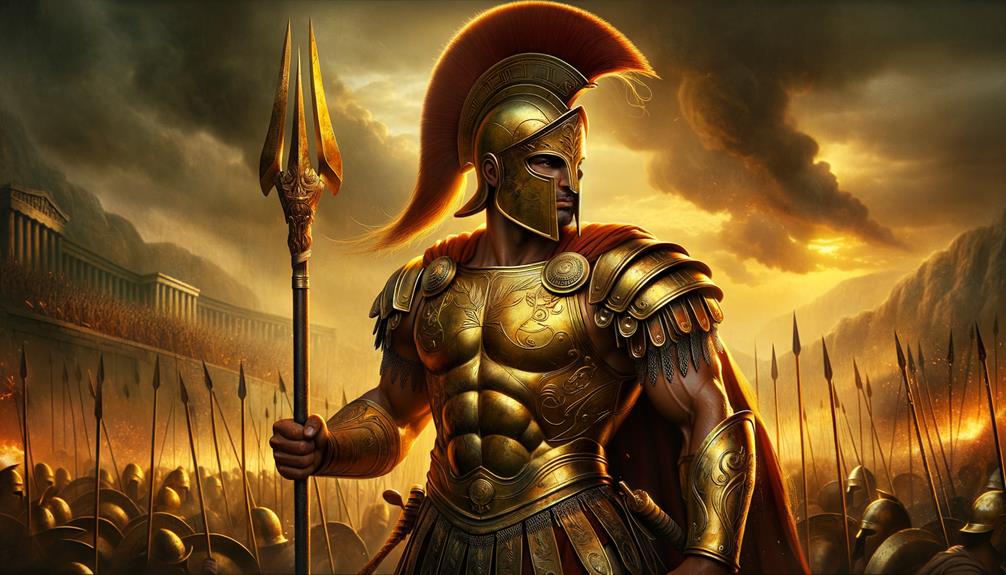In leadership matters, what is the best place to look for templates if it’s not the Bible? John Maxwell’s endeavor to understand more about leadership led him to write Leadership from the Giants of Faith. Before Maxwell introduces readers to the giants of faith, he gives them an imagination of his office.
In the imaginative setting, he takes the main seat, his father on one side, and an empty seat in front of him where the giants of faith sit and share with his life and leadership lessons they got from their walk with God.
Before he gets into talks with the leaders, Maxwell describes the appearance of the faith giants to give readers a glimpse of their past and the nature of their calling. The first person to walk in his office is Elijah.
Elijah
Maxwell describes him as a man whose authority fills the room immediately after he walks in. That is perhaps the first lesson leaders must learn. Their presence should be felt in the room because everyone knows their story of struggle and victory.
Although Max reveals his silent authority, Elijah, in his interview, shares a different dimension to his character when he says that in his walk with God, he learned that God loves us on our bad days. Elijah shares that his life was a mixture of mountains and valleys because God had chosen him for an important assignment.
This did not mean a walk in the park, it meant Elijah had to trust God fearlessly. In his blunt trust in God, Elijah shares that God never disappointed him despite losing faith several times.
In many cases, God nourished him and gave him the strength to continue fighting. From his talk with Elijah, Max concludes that all leaders are bound to the limits of humanity. He adds that leaders add value to their assignments when they choose to be leaders. Max also learned that God desires to encourage leaders when they are feeling defeated.
Elisha
Unlike Elijah, Elisha’s presence is physical because he is tall. He epitomizes humility despite handling a double portion of his predecessor.
Elisha’s story is different because he tells his story before and after he became a mighty man of God. His takeaway from his walk with God, give your best wherever God puts you. Elijah’s presence overshadowed Elisha’s for 10 years when he was his servant.
Despite his hidden state, Elisha learned that God was empowering him to do great things. He gave his best as a farmer and later as Elijah’s servant. In his talk with Maxwell, Elisha revealed that the purpose of a person is more important than his present state. This purpose motivated him to serve Elijah.
He also added that when God does not give a man a vision, the man is tasked with helping other people fulfill their vision. Maxwell concluded that all leaders, like Elisha, must desire leadership before they rise to lead. Elisha’s desire to lead gave him the courage to leave his work as a farmer. Leaders must wait for their turn to lead and serve God once they occupy the position.
Job
Job entrance was an allure of wealth. His physical appearance said otherwise and Maxwell quickly recognized his demeanor. Immediately he settles, Job tells Max that God always has the bigger picture. In the narration of his story, Job informs John that God always has things under control even when friends, family members, and even Satan have a different interpretation of what is happening.
Nothing gets God by surprise. In his life, Job shares that he learned that God looks at an individual’s character more than their outward appearance. When suffering struck him, Job’s character and positive attitude toward life helped him endure. His wealth, wife, and family left him but his trust in the Lord remained firm.
Maxwell, although shocked by Job’s experience and endurance, learned a leader’s responsibility in controlling their emotions regardless of the circumstances. He also adds that victory is assured for the leader who maintains their character amid trials.
Read: Power of Persistence
Jacob
The next person enters and everyone from the reader to John can tell who he is because he is limping. His name is Jacob. His takeaway is allowing God to take the steering wheel. Jacob learned his lesson the hard way.
After succeeding in stealing his brother’s blessings and running from responsibility, Jacob ran out of options until he came face to face with God. Jacob tells Maxwell that before every breakthrough, men go through a process of brokenness where they lose themselves to God. When Jacob found himself in God, he started living a fulfilling life.
Maxwell learns leaders must maintain worship in their leadership to find fulfillment. He also realized that being hands-on in leadership and giving no room for God limits the ability of a person to be effective. When Jacob lost himself to the Lord, he changed from a deceiver to a father of nations.

No responses yet